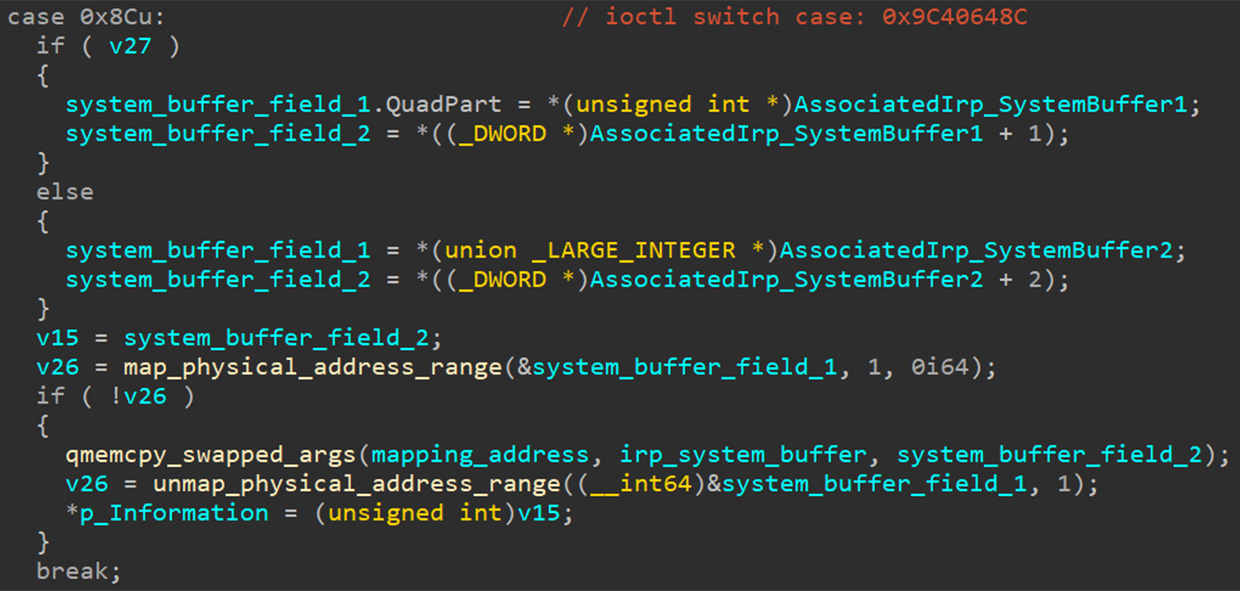News
Google Chrome Exploit Results In Attack On Lebanese Journalists
According to antivirus company Avast, there is evidence that an Israeli spyware firm called Candiru used a vulnerability in Google Chrome to spy on journalists in Lebanon.

In early July 2022, Google patched a previously unknown vulnerability in its Chrome browser, known as CVE-2022-2294. The zero-day Chrome exploit only came to light after it was apparently used to spy on journalists in Lebanon.
Antivirus company, Avast, collated a report, which it delivered to Google detailing the zero-day exploit. In this report, Avast claims that Israeli spyware firm, Candiru, used the exploit to install spyware on the journalist’s computers.
It equally believes that the firm has used similar exploits to target Avast users in Turkey, Lebanon, Palestine and Yemen beginning in March of this year.
A zero-day exploit is, in short, a vulnerability in a piece of software that is unknown to the developers. They are typically discovered in the wild for this reason, and are known as zero-day because the developers have zero days in which to address the issue. This is because the vulnerability has the potential to cause damage from the moment it is discovered.
Avast alleges that Candiru used the above-mentioned exploit to gain access to user’s computers. It is believed to have compromised a website, which it used to redirect users to a server that could collect their data. If the data – collected on 50 data points such as location, language, time zone, etc. – met their requirements, the server would establish an encrypted channel.
Despite not claiming responsibility, Candiru is the prime suspect in the attack because the CVE-2022-2294 exploit was used to install the DevilsTongue spyware. This is a piece of malware previously linked to the group by Microsoft in a separate string of attacks.

In its report, Avast claims that the zero-day exploit was used alongside another vulnerability capable of bypassing the sandbox security function in Chromium. However, Avast has (as yet) been unable to determine the second exploit used by the alleged attackers.
Also Read: DDoS Attacks Are A Growing Threat In Gaming
Luckily, Google released a patch for the exploit on July 4. As such, there is no need for Chrome users to be concerned, providing browsers are kept up to date. Microsoft and Apple have released patches for their Edge and Safari browsers, too, as they also use WebRTC.
Candiru has not yet been officially connected to the incident, so its involvement is currently (albeit well-informed) speculation. However, the tools used and computers targeted matches its previous spyware attempts dating from 2021 and early 2022. As the company has no public online presence, this fact is unlikely to change anytime soon.
News
Samsung Smart Glasses Teased For January, Software Reveal Imminent
According to Korean sources, the new wearable will launch alongside the Galaxy S25, with the accompanying software platform unveiled this December.

Samsung appears poised to introduce its highly anticipated smart glasses in January 2025, alongside the launch of the Galaxy S25. According to sources in Korea, the company will first reveal the accompanying software platform later this month.
As per a report from Yonhap News, Samsung’s unveiling strategy for the smart glasses echoes its approach with the Galaxy Ring earlier this year. The January showcase won’t constitute a full product launch but will likely feature teaser visuals at the Galaxy S25 event. A more detailed rollout could follow in subsequent months.
Just in: Samsung is set to unveil a prototype of its augmented reality (AR) glasses, currently in development, during the Galaxy S25 Unpacked event early next year, likely in the form of videos or images.
Additionally, prior to revealing the prototype, Samsung plans to introduce…
— Jukanlosreve (@Jukanlosreve) December 3, 2024
The Galaxy Ring, for example, debuted in January via a short presentation during Samsung’s Unpacked event. The full product unveiling came later at MWC in February, and the final release followed in July. Samsung seems to be adopting a similar phased approach with its smart glasses, which are expected to hit the market in the third quarter of 2025.
A Collaborative Software Effort
Samsung’s partnership with Google has played a key role in developing the smart glasses’ software. This collaboration was first announced in February 2023, with the device set to run on an Android-based platform. In July, the companies reiterated their plans to deliver an extended reality (XR) platform by the end of the year. The software specifics for the XR device are expected to be unveiled before the end of December.
Reports suggest that the smart glasses will resemble Ray-Ban Meta smart glasses in functionality. They won’t include a display but will weigh approximately 50 grams, emphasizing a lightweight, user-friendly design.
Feature Set And Compatibility
The glasses are rumored to integrate Google’s Gemini technology, alongside features like gesture recognition and potential payment capabilities. Samsung aims to create a seamless user experience by integrating the glasses with its broader Galaxy ecosystem, starting with the Galaxy S25, slated for release on January 22.

























